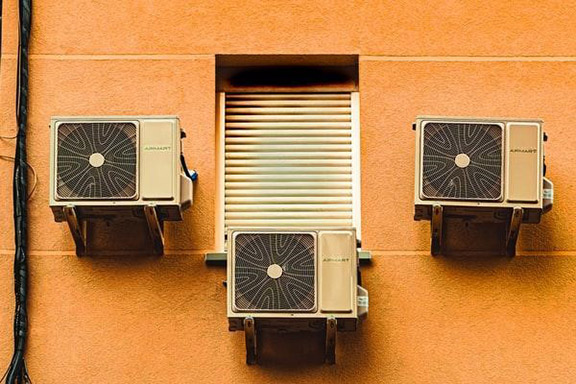Is your home air conditioner not cooling as efficiently as it used to? You may need to replace the AC compressor. Keep reading to learn the signs that it’s time to replace your home AC compressor.
How do you know when your home AC compressor is in need of replacement?
The compressor is the component of an air conditioning unit that pumps refrigerant throughout the system. When your compressor is in need of replacement, you will start to experience a number of issues with your AC unit. These can include decreased cooling capacity, increased energy usage, and strange noises coming from the device. If you are unsure whether or not your compressor needs to be replaced, it is best to consult with a professional HVAC technician. They will be able to inspect your unit and diagnose any problems. If it is determined that you need to replace home AC compressor, they will also be able to provide you with a quote for the cost of replacement.
What is involved in the process of replacing a home ac compressor?
If your home air conditioning compressor is leaking, making strange noises, or just not cooling your home as well as it used to, it may be time for a replacement. The process of replacing a home AC compressor typically includes the following steps: You first need to shut off the power to your AC unit at the breaker box. Remove the cover from the AC unit. Then, you’ll need to locate and remove the screws that hold the compressor in place. Disconnect the wires from the old compressor and remove it from the housing. Get a technician to install new wires on the new compressor and attach it to the housing. They will replace any insulation that was removed during installation and replace all covers and screws on your AC unit. After that, you can then restore power to your AC unit at breaker box and turn on the air conditioner to test it out.
What should you do before you have your home AC compressor replaced?
First, inspect the exterior of your compressor for any damage. If the casing is cracked or broken, the compressor may need to be replaced. Additionally, check the coils on the back of the unit for dirt or debris buildup. If there is significant accumulation, this can lead to decreased efficiency and increased energy costs. Finally, listen for any strange noises coming from the compressor. If it is making loud grinding or humming sounds, it may be time for a replacement.
Is there any way you can reduce the cost of an AC compressor replacement?
An AC compressor replacement can be an expensive undertaking. However, there are some things you can do to reduce the cost. First, make sure your system is properly sized for your home. A unit that is too large or too small will run inefficiently and could lead to an early compressor replacement. Also, make sure your air filters are clean and replace them regularly. A dirty filter will increase the amount of work the compressor has to do and can shorten its lifespan. Finally, keep your evaporator coil clean. A dirty coil will also increase the workload on the compressor and can lead to early failure.
Overall, this is an important guide for homeowners that want to ensure their air conditioning unit is working properly. The guide provides helpful tips on how to identify when a compressor needs to be replaced, as well as how to properly maintain an AC unit. Hopefully, the tips above will help you reduce the cost of a replacement and ensure that your unit is always in good working condition.





